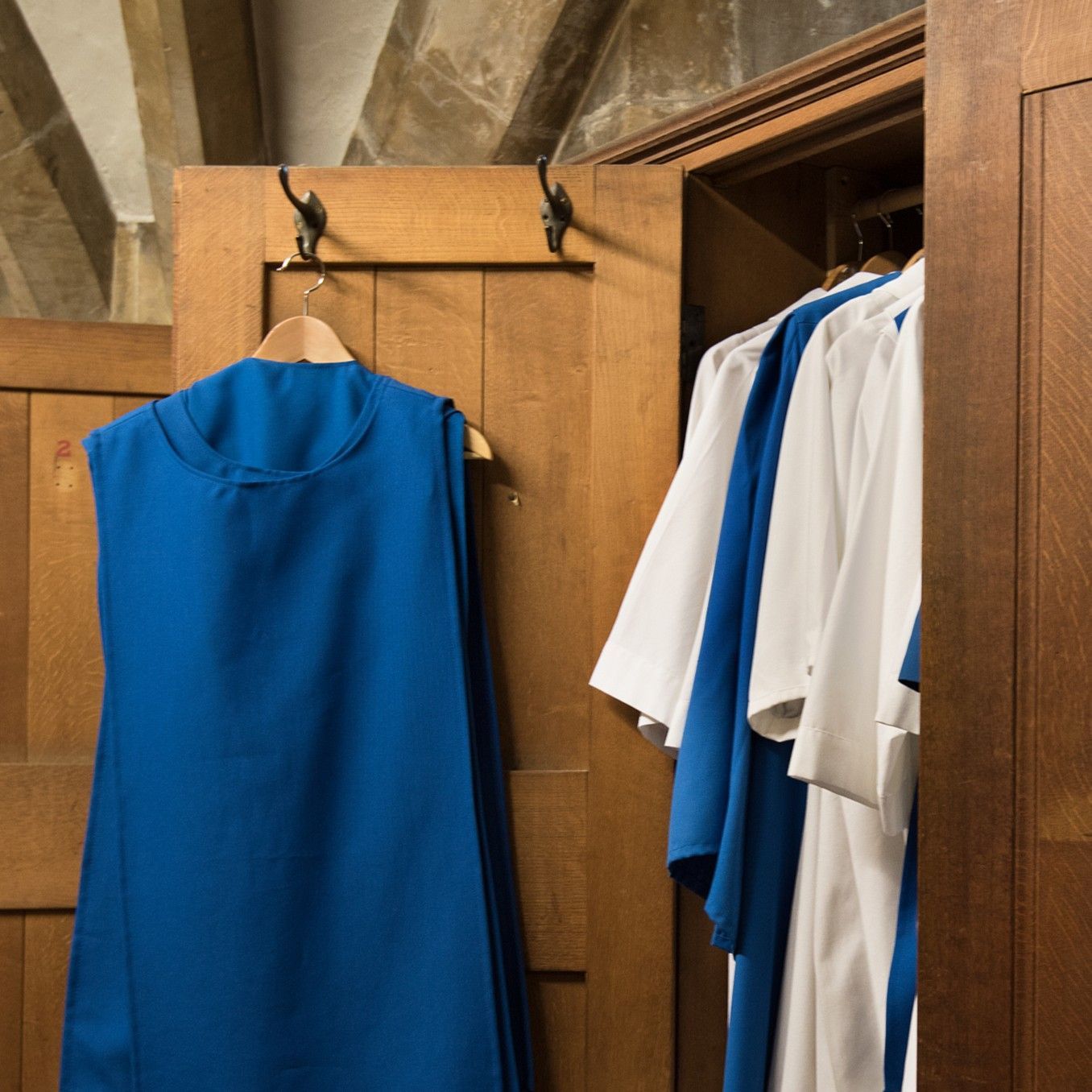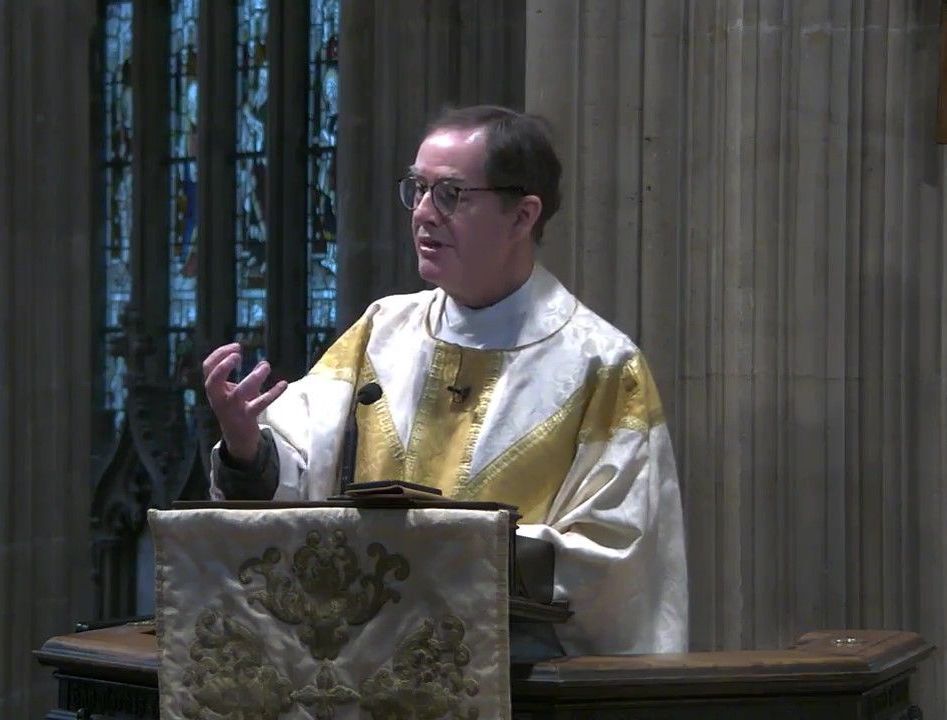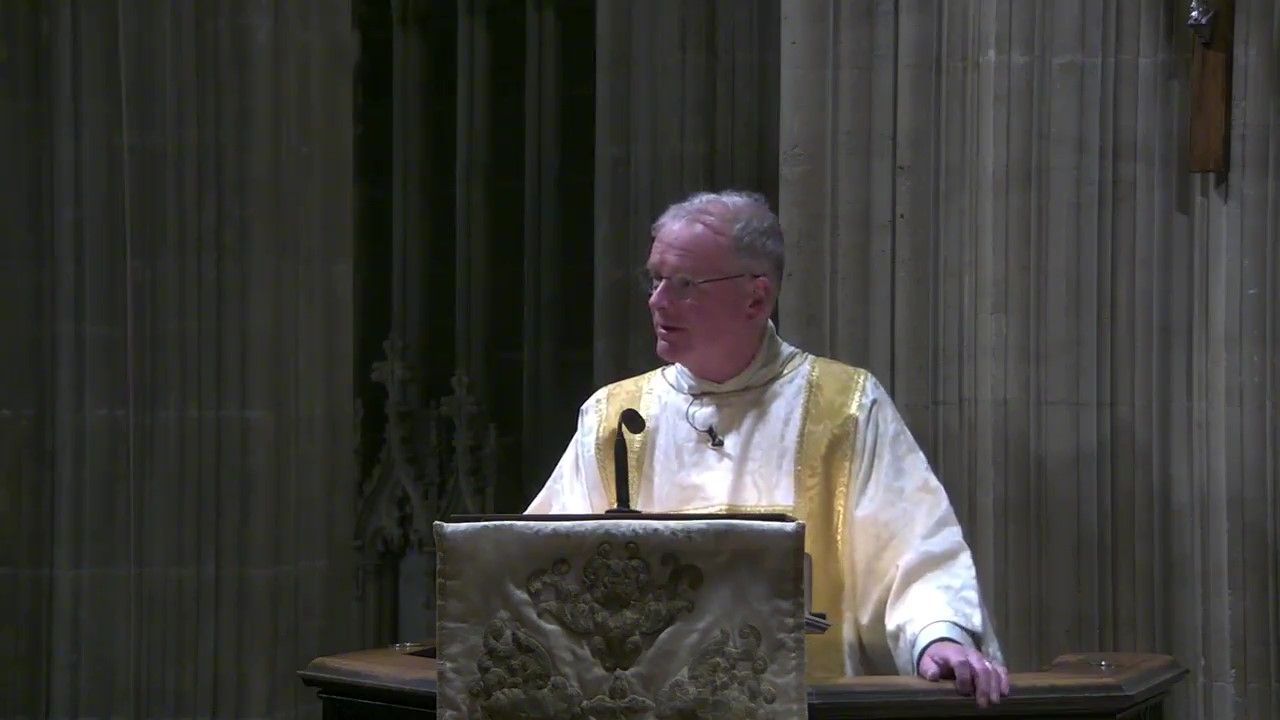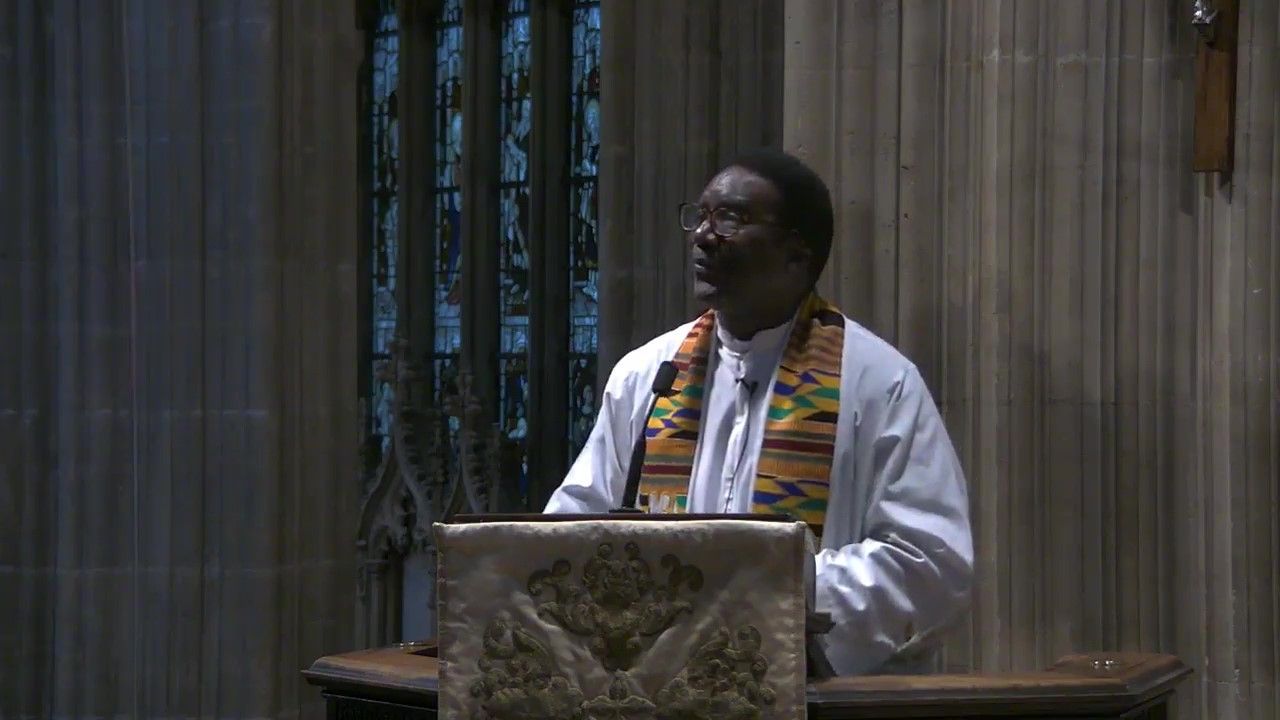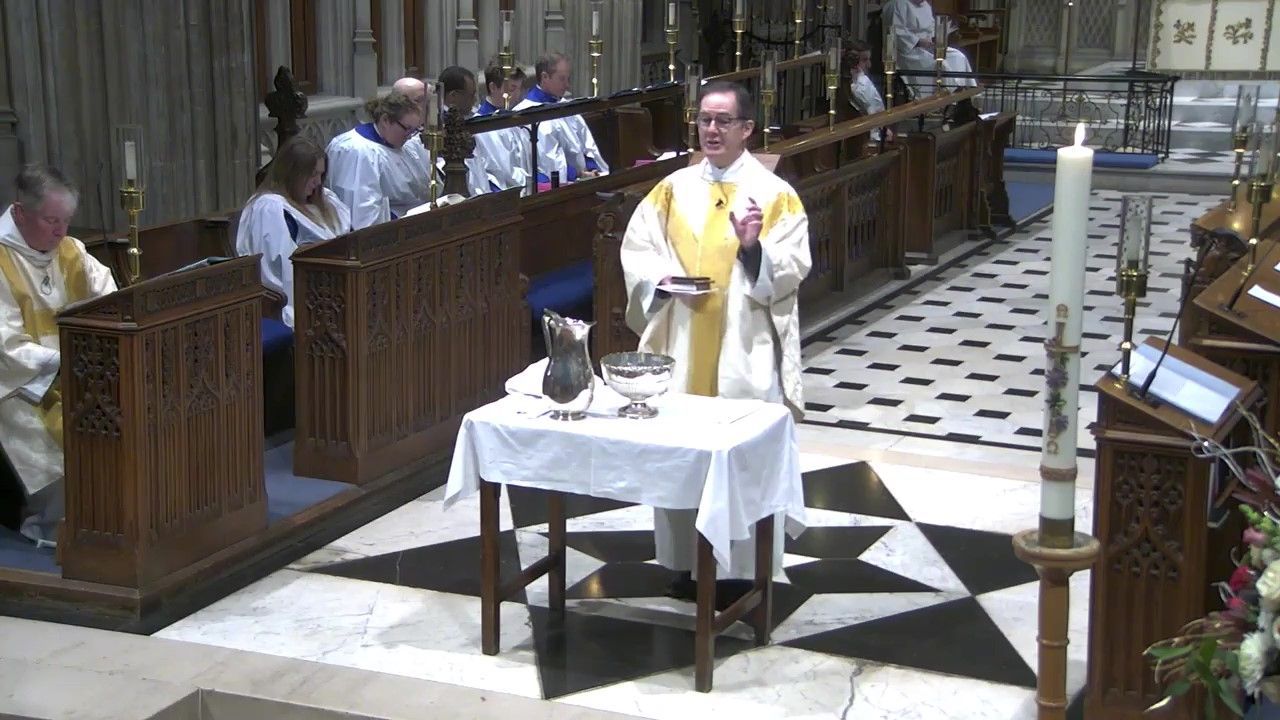How often should I forgive?
This weekend's gospel supplies an absolute answer to this question "How often should I forgive?"
Peter asks Jesus how often we ought to forgive a member of the church that 'sins' against us and suggests what he believes to be an outrageously high number: "As many as seven times?"
Jesus answers: "‘Not seven times, but, I tell you, seventy-seven times."
So there we are. All we need to do is run a tally card or spreadsheet (there's probably an app for this somewhere on the web) and count from 1 to 77. Then on 'sin' number 78 we can justify ourselves with the response: "That's a step too far, you are now someone I can no longer forgive" and feel OK with ourselves for taking the moral high ground.
Of course, we have to remember that it's not 77 times we are sinned against by members of the church, but 77 times we are sinned against by each member of the church.
Our Electoral Roll at SMR currently stands at 283: if you don't know what the Electoral Roll is or want to know about how to join it,
please do contact me. Assuming that everyone 'sins' at the same rate (we are all human after all) we would need to be 'sinned against' 21,791 times before we are able to claim that moral high ground. Again, assuming we are 'sinned against' twice a month, then it will take about 75 years before we get the moment when we are able to take a stand and proclaim "I can no longer forgive those who 'sin' against me!"
Does this literalistic, transactional way of living accord with who you know Jesus of Nazareth to be?
It's worth remembering that there is at least one other moment in the life of Christ when he is very clear about what he expects of his followers. Earlier in Matthew's gospel (Ch 5) we hear Jesus say: "If anyone forces you to go one mile, go also the second mile". Those around Jesus would have known only too well that the 'anyone' in that sentence was the Roman occupying forces. Any soldier could compel anyone to carry their pack for one mile. Jesus instructs us to carry the pack for two miles and then, presumably, drop the pack and walk away.
So, to be a good Christian, all we need to do is administrate a complex spreadsheet and carry a pedometer at all times.
Clearly this is nuts. Anyone who looks to Jesus expecting to be told how to behave in any given situation is going to be disappointed. The bible is not a recipe book, or a Hayes car manual, or a Dummy's Guide to salvation.
This weekend's story can be explored around the importance of the number 7. That's the number of days of creation, making it one of the most holiest of numbers for Jews. Seven baskets for leftover food were collected after the feeding of the four thousand. Emmaus is seven miles from Jerusalem. That's why Peter offered it as an outrageously high number of times we should be prepared to forgive: it represents the holiest number of forgivenesses we can offer.
Jesus comes back with seventy seven. This isn't a mathematical problem to be solved, but truth to be embodied. The holiness concept of seven is multiplied and magnified and manipulated into a mind-blowing expression of the truth that Jesus is sharing with Peter and with us: it's not the laws of behaviour decided by others that determine what is right and what is wrong, it's about the law of love by which we each called to love our neighbour as ourselves.
Dan Tyndall
15 September 2023
